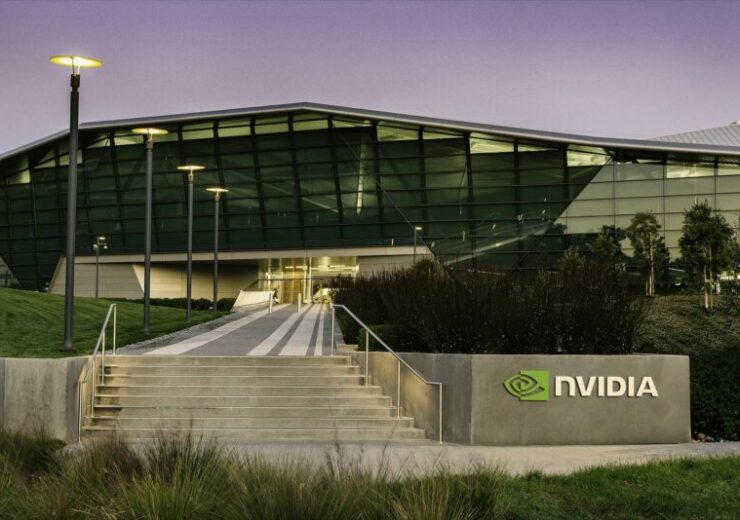To upgrade the supercomputer, 34 NVIDIA DGX A100 systems will be added to its cluster of 60 that constitute the SuperPOD

Nvidia to upgrade Sweden's Berzelius supercomputer. (Credit: NVIDIA Corporation)
American technology company Nvidia has announced that Sweden will upgrade its Berzelius supercomputer at Linköping University by using the former’s artificial intelligence (AI) systems.
To upgrade the supercomputer, 34 NVIDIA DGX A100 systems will be added to its cluster of 60 that constitute the SuperPOD. Each of the graphics processing units (GPUs) on the new units will have 80GB of memory.
Through the major upgradation, the Berzelius supercomputer is expected to bolster environmental initiatives and drive advances in machine learning, healthcare, and robotics.
Berzelius, which is said to be one of the world’s fastest AI supercomputers, has developed large language models capable of preparing a speech or responding to queries in Swedish.
The more powerful version has 20 billion parameters, which is an indicator of a neural network’s smarts. It can help developers in writing software and managing other challenging tasks.
According to Nvidia, researchers plan to develop a model with 175 billion parameters over time which would also be fluent in Nordic languages such as Norwegian and Danish.
Funded by the Knut and Alice Wallenberg Foundation, Sweden’s research private financier, the Berzelius supercomputer was unveiled in 2021 at Linköping University featuring 60 AI systems from Nvidia.
It is a part of Sweden’s Wallenberg Artificial Intelligence, Autonomous Systems and Software Program (WASP), a research initiative focused on AI innovation.
Berzelius is expected to boost the country’s work in image and video recognition, which will advance the autonomous systems used in modern factories and warehouses.
In November 2022, Nvidia partnered with Lockheed Martin to develop an AI-driven Earth Observations Digital Twin for the US National Oceanic and Atmospheric Administration (NOAA) to track the current global environmental conditions.


